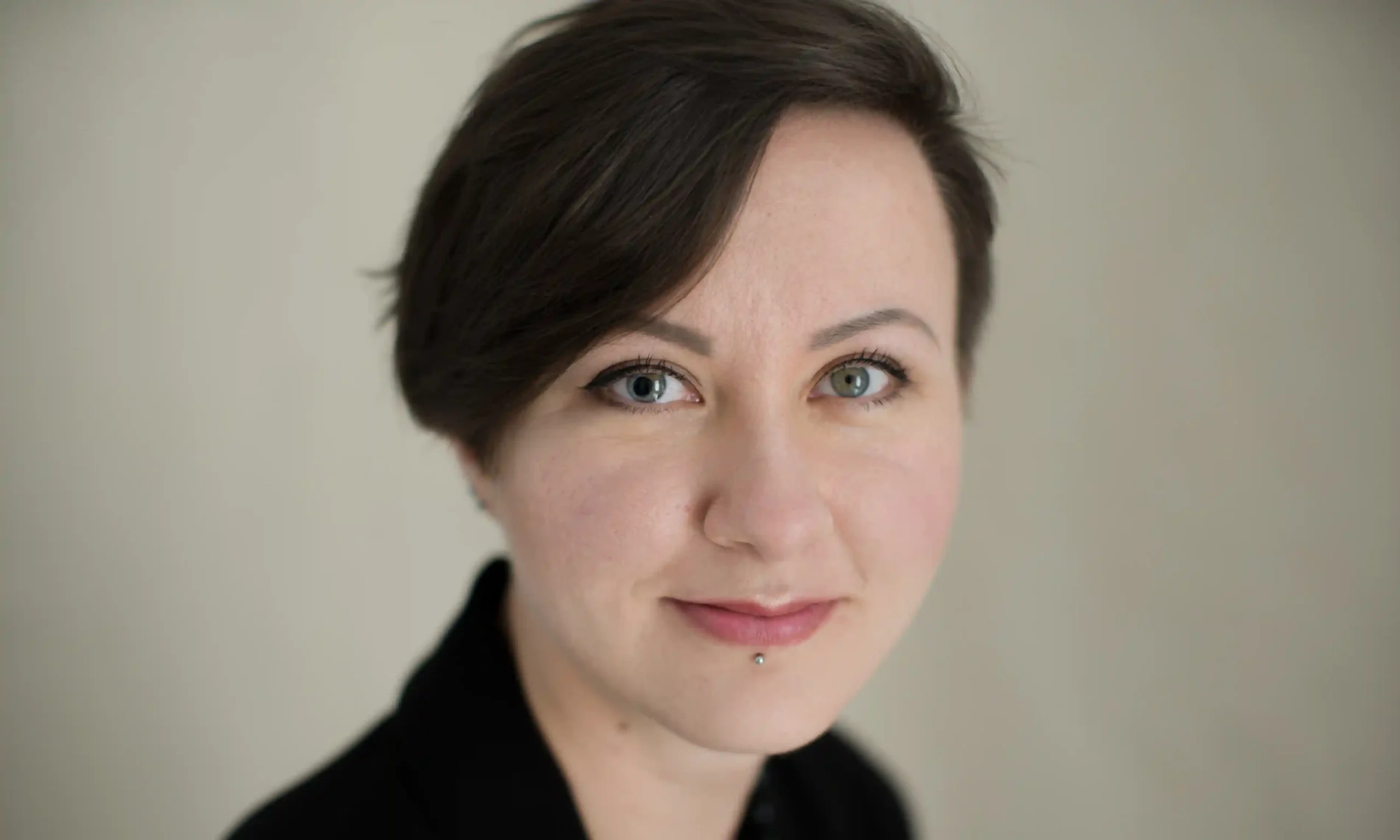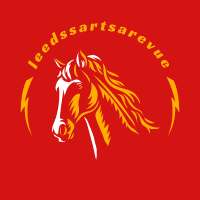
The Ukrainian poet’s heart-stirring poems cling to dreams in the face of catastrophe in her first collection translated into English.
Translated poetry seldom finds a home in this column – if only because when you have no knowledge of the original language, the reading can be like trying to see through frosted glass. But the Ukrainian poet Iryna Shuvalova is a revelation. This is her fifth collection, her first to be translated into English, and it is extraordinary to read partly because, even though these poems were written before the war (touching on the 2014 Russian invasion of Crimea), they offer insight into what it is to be Ukrainian at this catastrophic moment in her country’s history. She was born in Kyiv, is a fine linguist herself (a translator of Ted Hughes into Ukrainian) and has collaborated on the translation of her own work with the American poet Olena Jennings. She has completed a PhD at Cambridge about communities affected by the war in Ukraine’s east.
pray to the empty wells is a heart-stirring, gallant and prescient collection that reminds you of the otherness of poetry, its territorial freedoms and viewless wings (what cannot be seen – only imagined – is critical). It is dominated by the spirit to survive, to embrace nature and to pray. The tremendous Ukrainian-Jewish-American poet Ilya Kaminsky hails Shuvalova as someone who “builds a country of dreams in order to survive in one of real drama”. He sees young, optimistic Ukrainian poets as among the most energetic working in Europe.
Sometimes fairytale comes to her rescue and sees off nightmare. Sometimes a prayer turns into a blessing
Shuvalova qualifies as an optimist although in “conversations about war but not only”, she considers the dirty work of euphemism, arguing that the politest words to describe war are the most frightening and ends in outrage at the enemy, euphemism pushed aside:
how dare they be so human and
inhumane, all at once
almost like us, too
how dare they be like us
how dare they
There is a scattered, sometimes shattered, quality to the content. In the title poem, she moves from apple orchards to ash berries to her ancestors’ furs (if only the past could shelter her from the present; there is a fleeting gallantry to the image). The poem makes you wonder: how do you orient yourself within a prayer? It is breathlessly comma-free, a rush, a desperate imperative about hope. Sometimes fairytale comes to her rescue and sees off nightmare. Sometimes a prayer turns into a blessing:
all that was all that will be all that calms the heart –
it’s all yours
Her landscapes are distorted, sparse and buffeted – no commonplace pastoral. She offers nocturnes involving invisible animals and eyes “dark as blackthorn” (a recurring image). Deep water, ancient stone and wild winds reappear. Jennings explains she has attempted to respect, within free verse, rhythms created by repetition.
There is a breezily damning, untitled prose poem that touches on the UK’s ruthlessness beneath its surface politesse. It will “offer you a cup of tea, ask you to register with the police – that’s precisely it: ask you as politely as possible, but if you don’t, then as much as we regret to, we will be compelled to, it’s really too bad, throw you out –”.
Nature and domestic interiors collide. Shuvalova likens the moon to a brittle clay platter and writes that her heart, too, is made of clay. In “orchard”, she describes memory as “a bolt of linen” and in spite of interruptions and disruptions, there is a seamlessness to this collection – the seamlessness of being alive – and the crushed sheets she describes, the washing that won’t dry under English rain and the lover who does not see quite clearly enough – all this reads as part of a single night, a poem that never ends.
An extract from pray to the empty wells
pray to the empty wells to the breakwaters to the apple orchards
string together bitter ash berries
sweet ash berries
carry the luxurious fur of your ancestors on your shoulders
cry pretend to be grass be like an entrance and an exit be like water
go in one ear and out the other
the moon rolls out like a clay platter
a big fish leviathan comes from the sea
show me show me what you have inside you
pray to the great light





